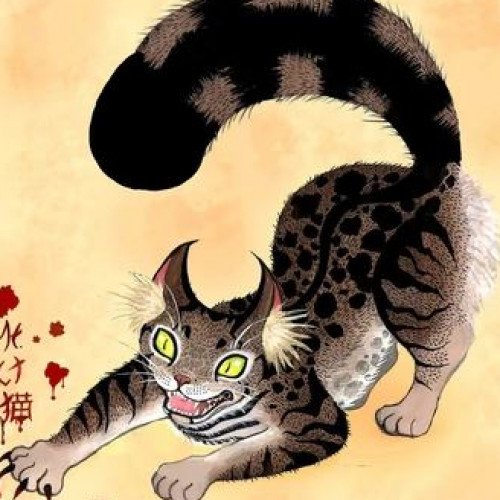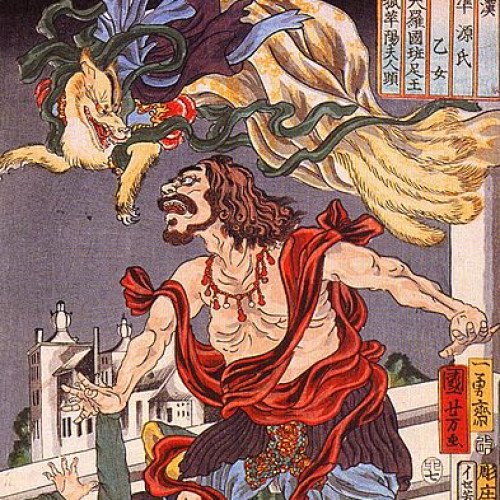Vote on Mythical creatures: Bakeneko vs Kitsune

Bakeneko
The bakeneko (化け猫, "changed cat") is a type of Japanese yōkai, or supernatural creature. It is often confused with the nekomata, another cat-like yōkai. The distinction between them is often ambiguous, but the largest difference is that the Nekomata has two tails, while the Bakeneko has only one. There are legends of bakeneko in various parts of Japan, but the tale of the Nabeshima Bakeneko Disturbance in Saga Prefecture is especially famous.
Statistics for this Xoptio

Kitsune
Kitsune (狐, キツネ, IPA: [ki̥tsɯꜜne] (listen)) in the literal sense is the Japanese word for fox. Foxes are a common subject of Japanese folklore; in English, kitsune refers to them in this context. Stories depict legendary foxes as intelligent beings and as possessing paranormal abilities that increase as they get older and wiser. According to Yōkai folklore, all foxes have the ability to shapeshift into human form. While some folktales speak of kitsune employing this ability to trick others – as foxes in folklore often do – other stories portray them as faithful guardians, friends, lovers, and wives. Foxes and humans lived close together in ancient Japan; this companionship gave rise to legends about the creatures. Kitsune have become closely associated with Inari, a Shinto kami or spirit, and serve as its messengers. This role has reinforced the fox's supernatural significance. The more tails a kitsune has – they may have as many as nine – the older, wiser, and more powerful it is. Because of their potential power and influence, some people make sacrifices to them as to a deity. Conversely foxes were often seen as "witch animals", especially during the superstitious Edo period (1603–1867), and were thought of as goblins who could not be trusted (similar to some badgers and cats).